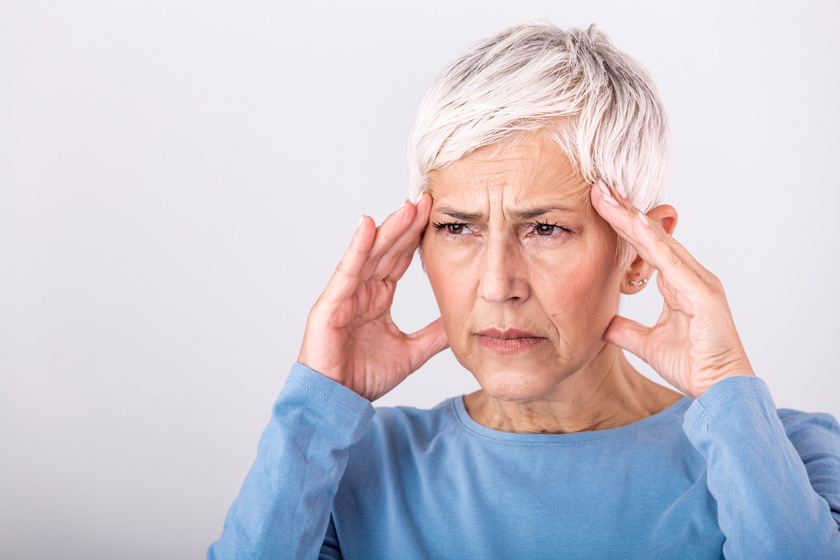It can be challenging to come to terms with the fact that your parents, grandparents, and other older family members are getting on in years. Observing the deterioration of someone else’s health is never a pleasant experience; nevertheless, you do not necessarily have to sit idly by and do nothing while it happens in front of your eyes. When it comes to dizziness, which is a prevalent sickness among the elderly, there are many things that you can do to assist them in better coping with the condition and, as a result, enhance their overall quality of life. Let’s go in right now.
Assist Your Loved One
When someone is feeling dizzy, such as when they stand up from a sitting position, offering them a bit of assistance can literally save their life by preventing them from tumbling down. But you may also assist them in making their house a more secure environment for themselves. Having frequent episodes of dizziness can increase the risk of falling, thus it is important to remove potential slips and falls and build grab rails.
Listen to Your Loved One
It may sound obvious, but the most effective way to begin is by paying attention to their concerns and wants. Dizziness may be debilitating and lonely since it often leaves older people frightened of falling, and this anxiety prevents them from going out or participating in activities that they once enjoyed. Simply having a conversation about it with someone who genuinely cares about them can almost instantly reduce feelings of isolation and fear.
Do Check-up
Inner ear dysfunction is a prevalent source of dizziness. Although accidents and infections are common causes of such damage, aging itself can also play a role, especially in the case of the elderly. Make an appointment for your friend or family member to get their hearing and balance checked, and offer to go with them to provide emotional support. For head-ups, when a patient goes to their primary care doctor complaining of dizziness, the first thing the doctor will do is ask them about their symptoms and meds, and then the patient will have a physical examination. During this portion of the exam, your loved one doctor will evaluate how they walk, how well they keep their balance, and how well the major nerves in their nervous system are functioning. Your loved one might also need to get their hearing checked and their balance checked, including the following:
- Eye movements test.
- Examination of head movement.
- Posturography.
- Examination of a rotary chair.
In addition, you can have blood tests performed to look for signs of infection as well as other examinations to examine the health of your heart and blood vessels.
Exercised
Both dizziness and weakness in the muscles might put a person at risk of falling. It is essential to maintain one’s physical fitness and overall health as one gets older. Strengthening their muscles with activities such as going on walks, walking their dogs, or doing yoga can all be beneficial. Therefore, if they do experience feelings of vertigo, they will be better able to keep themselves from falling.







